How Machine Learning is Transforming Healthcare?
In recent years, machine learning (ML) has emerged as a transformative force in various industries, and healthcare is no exception. As a subset of artificial intelligence (AI), machine learning involves the use of algorithms and statistical models that enable computers to perform tasks without explicit instructions. Instead, these systems learn from data, identifying patterns and making predictions. In the healthcare sector, machine learning is revolutionizing patient care, diagnostics, treatment plans, and operational efficiency. This article explores how machine learning is transforming healthcare, its applications, benefits, challenges, and future potential.
Understanding Machine Learning in Healthcare
Machine learning in healthcare involves the analysis of vast amounts of medical data to derive insights that can improve patient outcomes and streamline operations. By leveraging algorithms that can learn from data, healthcare providers can make more informed decisions, enhance diagnostic accuracy, and personalize treatment plans.
Key Components of Machine Learning in Healthcare
1. **Data Collection**: The foundation of machine learning is data. In healthcare, data can come from various sources, including electronic health records (EHRs), medical imaging, genomic data, wearable devices, and patient surveys. The quality and quantity of data significantly impact the effectiveness of machine learning models.
2. **Algorithms**: Machine learning algorithms are designed to analyze data and identify patterns. Common algorithms used in healthcare include decision trees, support vector machines, neural networks, and ensemble methods. Each algorithm has its strengths and is chosen based on the specific problem being addressed.
3. **Training and Validation**: Once data is collected, it is divided into training and validation sets. The training set is used to teach the algorithm, while the validation set is used to assess its performance. This process ensures that the model can generalize its findings to new, unseen data.
4. **Deployment**: After validation, the machine learning model is deployed in real-world settings, where it can assist healthcare professionals in making decisions, predicting outcomes, and improving patient care.
## Applications of Machine Learning in Healthcare
1. Predictive Analytics
One of the most significant applications of machine learning in healthcare is predictive analytics. By analyzing historical patient data, machine learning algorithms can identify risk factors and predict future health outcomes. For example, ML models can predict the likelihood of hospital readmissions, enabling healthcare providers to implement preventive measures and improve patient management.
2. Medical Imaging
Machine learning is transforming medical imaging by enhancing the accuracy and speed of image analysis. Algorithms can analyze X-rays, MRIs, and CT scans to detect abnormalities such as tumors, fractures, and other conditions. For instance, deep learning models have shown remarkable success in identifying early-stage cancers, often outperforming human radiologists in accuracy.
3. Personalized Medicine
Machine learning enables personalized medicine by analyzing genetic, environmental, and lifestyle factors to tailor treatment plans for individual patients. By understanding how different patients respond to specific treatments, healthcare providers can optimize therapies, reduce adverse effects, and improve overall outcomes. For example, ML algorithms can analyze genomic data to identify the most effective cancer treatments for specific genetic profiles.
4. Drug Discovery and Development
The drug discovery process is traditionally lengthy and costly, but machine learning is streamlining this process. By analyzing vast datasets of chemical compounds and biological data, ML algorithms can identify potential drug candidates more quickly and accurately. This approach not only accelerates the discovery of new medications but also reduces the risk of failure in clinical trials.
5. Virtual Health Assistants
Machine learning powers virtual health assistants and chatbots that provide patients with immediate support and information. These AI-driven tools can answer common health-related questions, schedule appointments, and even monitor chronic conditions. By offering 24/7 access to healthcare information, virtual assistants enhance patient engagement and satisfaction.
6. Operational Efficiency
Machine learning can optimize healthcare operations by improving resource allocation, scheduling, and workflow management. For instance, predictive analytics can forecast patient volumes, enabling hospitals to allocate staff and resources more effectively. This optimization leads to reduced wait times, improved patient flow, and enhanced overall efficiency.
Benefits of Machine Learning in Healthcare
1. Improved Diagnostic Accuracy
Machine learning algorithms can analyze complex medical data with high precision, leading to more accurate diagnoses. By identifying patterns that may be overlooked by human clinicians, ML enhances the ability to detect diseases early, improving treatment outcomes.
2. Enhanced Patient Outcomes
By personalizing treatment plans and predicting potential complications, machine learning contributes to better patient outcomes. Patients receive tailored therapies that are more likely to be effective, leading to improved health and quality of life.
3. Cost Reduction
Machine learning can help reduce healthcare costs by streamlining operations, minimizing unnecessary tests, and optimizing resource allocation. By preventing complications and hospital readmissions, ML contributes to significant cost savings for healthcare systems.
4. Increased Efficiency
The automation of routine tasks through machine learning frees up healthcare professionals to focus on more complex and critical aspects of patient care. This increased efficiency leads to better use of time and resources, ultimately benefiting both patients and



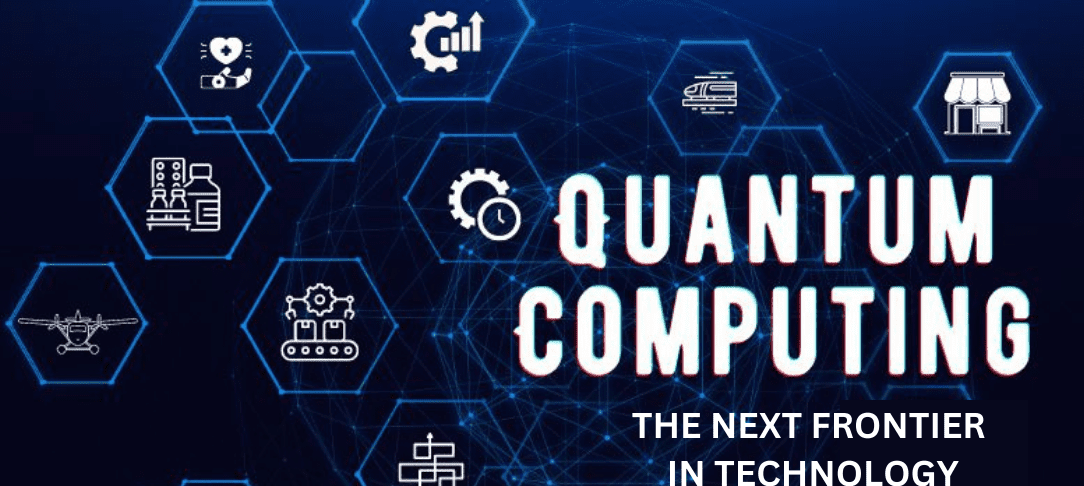




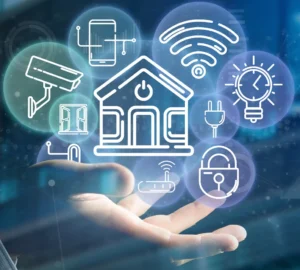
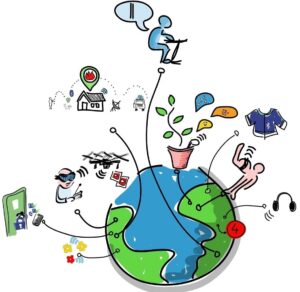

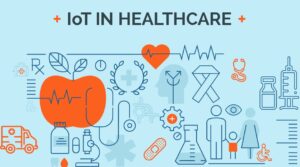

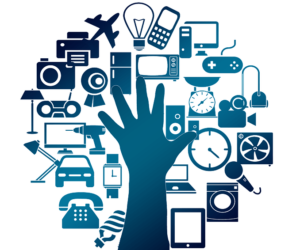
Post Comment